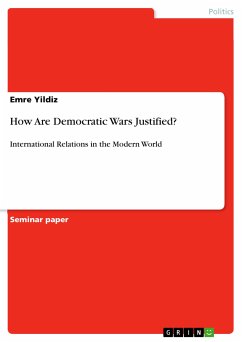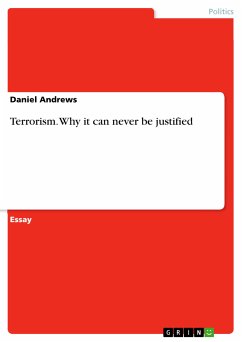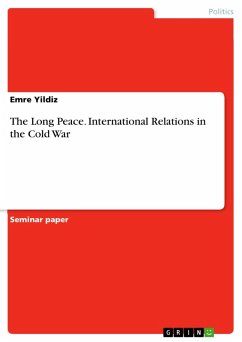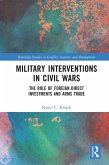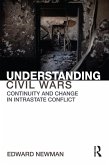Seminar paper from the year 2012 in the subject Politics - Topic: Peace and Conflict, Security, grade: 1,00, University of Potsdam (Department of Economic and Social Sciences), language: English, abstract: In this paper, I will illustrate how wars conducted by democracies are justified. I chose this topic because democracy, at least in the Western world, has been seen as a preferential and desirable constitution because of its association with peace and cooperation. The Democratic Peace Theory certainly bolsters this viewpoint, but still, we notice as we look at empirical data that democracies are not peaceful at all. This is a noteworthy gap in this theory. Through answering my central question, I want to explain this gap and also how democracies cleverly elude the constraints imposed on them to go to war, which one would not expect of them. Additionally, through outlining the justifications, I want to help understand why democracies are belligerent. I will first refer to the problem of definition, for democracy and war are not clear-cut terms in political science and outline how I understand democracy and war in this paper. In the second section, I will provide the theoretical ground, the Democratic Peace Theory which I will refute through empirical evidence, after which five arguments of justification will follow: First, humanitarian intervention and the role of the media, second, moral duties, third, the construction of images of the 'other' and fourth, wars within democratizing states. Lastly, in the conclusion, I will summarize the arguments, briefly refer to their discrepancies and provide suggestions for further research. In each of the arguments, I will present what it is, how the justification comes about and add an example to illustrate it. In the first three arguments, I will also show how approaches used to explain the peacefulness of democracies are being reversed. As well, I will provide some definitions of a few major terms used in the arguments to establish clarity. Because justifications should not always be considered true, I will provide critical points for each argument incorporated in the respective section. Those are also summarized in the conclusion.
Dieser Download kann aus rechtlichen Gründen nur mit Rechnungsadresse in A, B, BG, CY, CZ, D, DK, EW, E, FIN, F, GR, HR, H, IRL, I, LT, L, LR, M, NL, PL, P, R, S, SLO, SK ausgeliefert werden.

